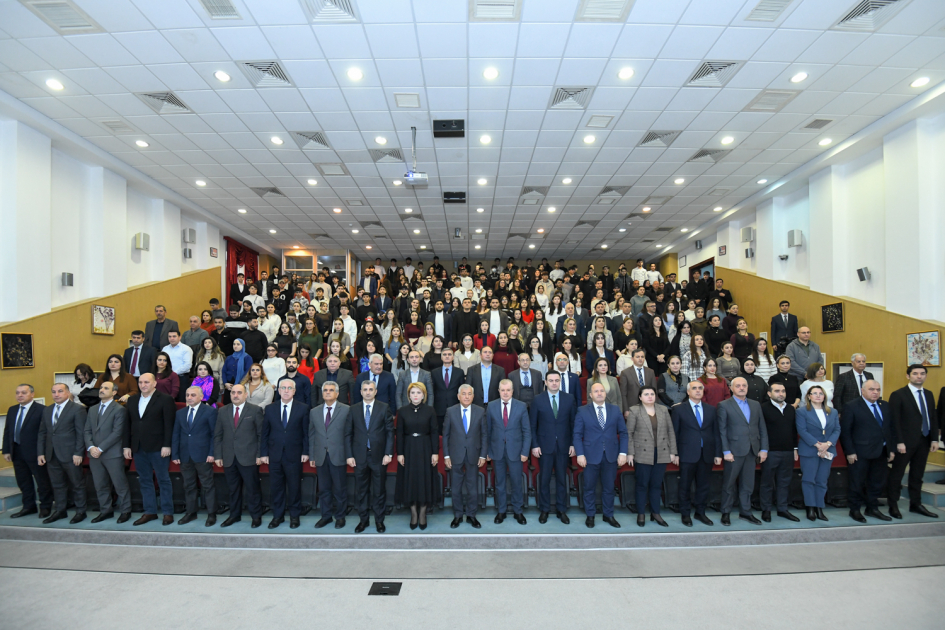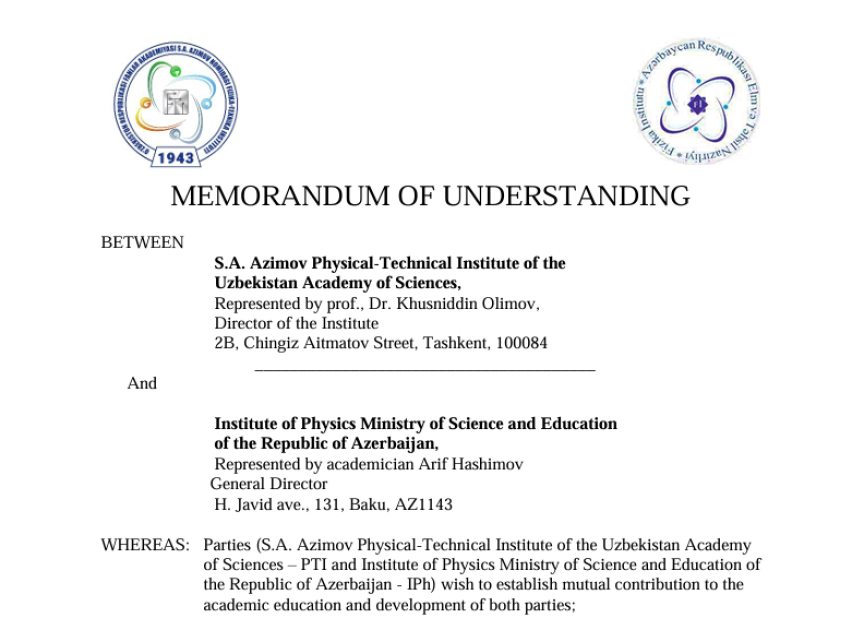Dairy cows produce impressive amounts of milk—sometimes more than 50 liters a day — but this intense output often harms their health. High milk production puts stress on the cow’s body, especially the mammary glands, leading to inflammation and lower milk quality, according to the Press Service of Israel (TPS-IL). But Israeli scientists on Monday said they found an unexpected solution: stem cells.
In a study published in the peer-reviewed Stem Cell Research & Therapy, a team of Hebrew University researchers showed for the first time that molecules secreted by mesenchymal stem cells (MSCs) can both reduce inflammation in milk-producing cells and increase milk fat production. These two effects—calming stressed cells and boosting fat content—suggest a promising new way to improve both cow welfare and milk quality.
“This is the first time anyone has shown that stem cells or their secretions can increase fat production in mammary cells,” said Dr. Roni Tadmor-Levi, lead author of the study. “It’s a completely new direction in using stem cells for dairy improvement.”
The research team, which included Tadmor-Levi, MSc student Lior Sharabi, and Prof. Nurit Argov-Argaman, conducted lab experiments using cultured bovine mammary epithelial cells. When they added either MSCs or just their secretions — known as the “secretome” — they observed a clear drop in markers of inflammation and a rise in fat-related gene activity. The cells also produced more triglycerides, a key component of milk fat.
“Milk fat isn’t just about texture,” explained Argov-Argaman. “It provides energy, essential fatty acids, and fat-soluble vitamins like A and D. Increasing fat content naturally makes milk more nutritious.”
What makes the findings especially noteworthy is that the positive effects occurred without the stem cells needing to touch the mammary cells. The secretions alone were enough to trigger the changes. This opens the door to developing a supplement or feed additive based on these molecules — avoiding the need for complex or invasive treatments.
The implications go beyond nutrition. Chronic inflammation in dairy cows can lead to diseases like mastitis, which reduces milk yield and causes serious discomfort. By reducing stress in mammary cells, MSC-derived molecules could help cows stay healthier during peak milk production.
“This isn’t just about getting more milk,” said Argov-Argaman. “It’s about supporting the cow’s natural system to produce better milk and stay healthy.”
The researchers believe their discovery could lead to new tools for managing dairy herds in a more precise and animal-friendly way.
Because the beneficial effects—reduced inflammation and increased fat production—were triggered by molecules secreted by mesenchymal stem cells (MSCs), there’s potential to extract these secretions and develop them into a feed additive or supplement for dairy cows. This could be added to regular feed, making it easy to integrate into existing farm routines without the need for stem cell treatments or injections.

















